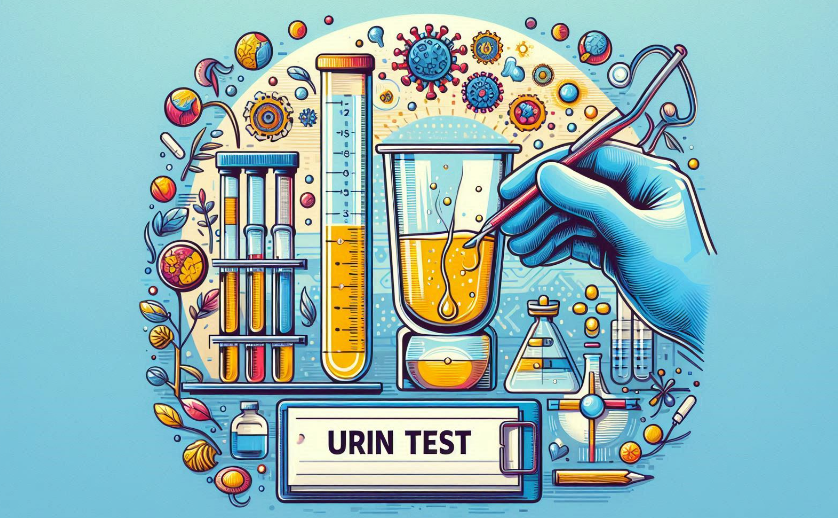What is a Urine Test?
A urine test, also called urinalysis, is a common diagnostic test that examines the physical and chemical properties of your urine. It involves collecting a urine sample and analyzing it in a laboratory to assess various aspects of your health, including kidney function, urinary tract health, and potential underlying medical conditions.
Why Do You Need a Urine Test?
A urine test can be ordered for a variety of reasons, such as:
- Routine check-up: As part of a general health assessment to screen for potential issues.
- Diagnosis of urinary tract infections (UTIs): To detect the presence of bacteria or other signs of infection in the urinary tract.
- Monitoring kidney function: To evaluate how well your kidneys are filtering waste products and maintaining fluid balance.
- Screening for other medical conditions: To identify signs of diabetes, liver disease, or other health problems that can affect urine composition.
- Pregnancy: To check for pregnancy hormones or potential complications during pregnancy.
- Drug testing: To detect the presence of illicit drugs or medications in the system.
What Does a Urine Test Measure?
A urine test typically involves several components, including:
- Visual examination: Observing the color, clarity, and odor of the urine, which can provide clues about potential issues.
- Dipstick test: Using a test strip with chemical pads to detect the presence of various substances in the urine, such as glucose, protein, blood, ketones, bilirubin, and nitrites.
- Microscopic examination: Examining a urine sample under a microscope to identify and count the presence of red blood cells, white blood cells, bacteria, crystals, or other cells or particles.
Preparing for the Test
Specific instructions for preparation depend on the type of urine test being conducted. However, general guidelines include:
- Clean catch midstream sample: Cleaning the genital area before collecting the sample to avoid contamination.
- Collect in a clean container: Using a sterile container provided by the lab or your doctor.
- Avoid certain medications or supplements: Some can interfere with test results. Consult your doctor beforehand.
- Follow any additional instructions: Your doctor or the lab might provide specific instructions for preparation based on the specific test being performed.
Understanding the Results
The interpretation of urine test results can vary depending on various factors, including the type of test and individual circumstances. Generally, the following are some of the possible findings and their implications:
- Normal: A normal urine test indicates healthy kidney and urinary tract function, as well as the absence of other medical conditions that might affect the urine.
- Abnormal: Abnormal findings could indicate a urinary tract infection, kidney disease, diabetes, liver disease, or other health problems.
- Specific findings: The presence of certain substances like glucose, protein, blood, or ketones in the urine can provide valuable clues for diagnosis and further investigation.
Risk Factors and Prevention
Various factors can increase the risk of developing urinary tract infections or other conditions affecting urine health. These include:
- Female gender: Shorter urethra in women increases the risk of UTIs.
- Sexual activity: Can introduce bacteria into the urinary tract.
- Pregnancy: Hormonal changes and pressure on the bladder increase the risk of UTIs.
- Diabetes: High blood sugar levels can lead to glucose in the urine and increase UTI risk.
- Kidney stones: Can obstruct urine flow and cause complications.
- Enlarged prostate: Can cause urinary problems in men.
Preventive measures include:
- Staying well-hydrated: Drinking plenty of water helps flush out bacteria from the urinary tract.
- Urinating after sexual activity: Helps clear bacteria from the urethra.
- Wiping from front to back: For women, to avoid contamination from the anal area.
- Avoiding irritants: Certain feminine hygiene products or spermicides can irritate the urethra and increase UTI risk.
- Managing chronic conditions: Keeping diabetes and other chronic conditions under control helps reduce complications affecting urine health.
Remember, urine tests are a valuable tool for assessing various aspects of your health. If you have any concerns or questions about your results, consult with your healthcare provider for further evaluation and guidance.

 7351982473
7351982473











